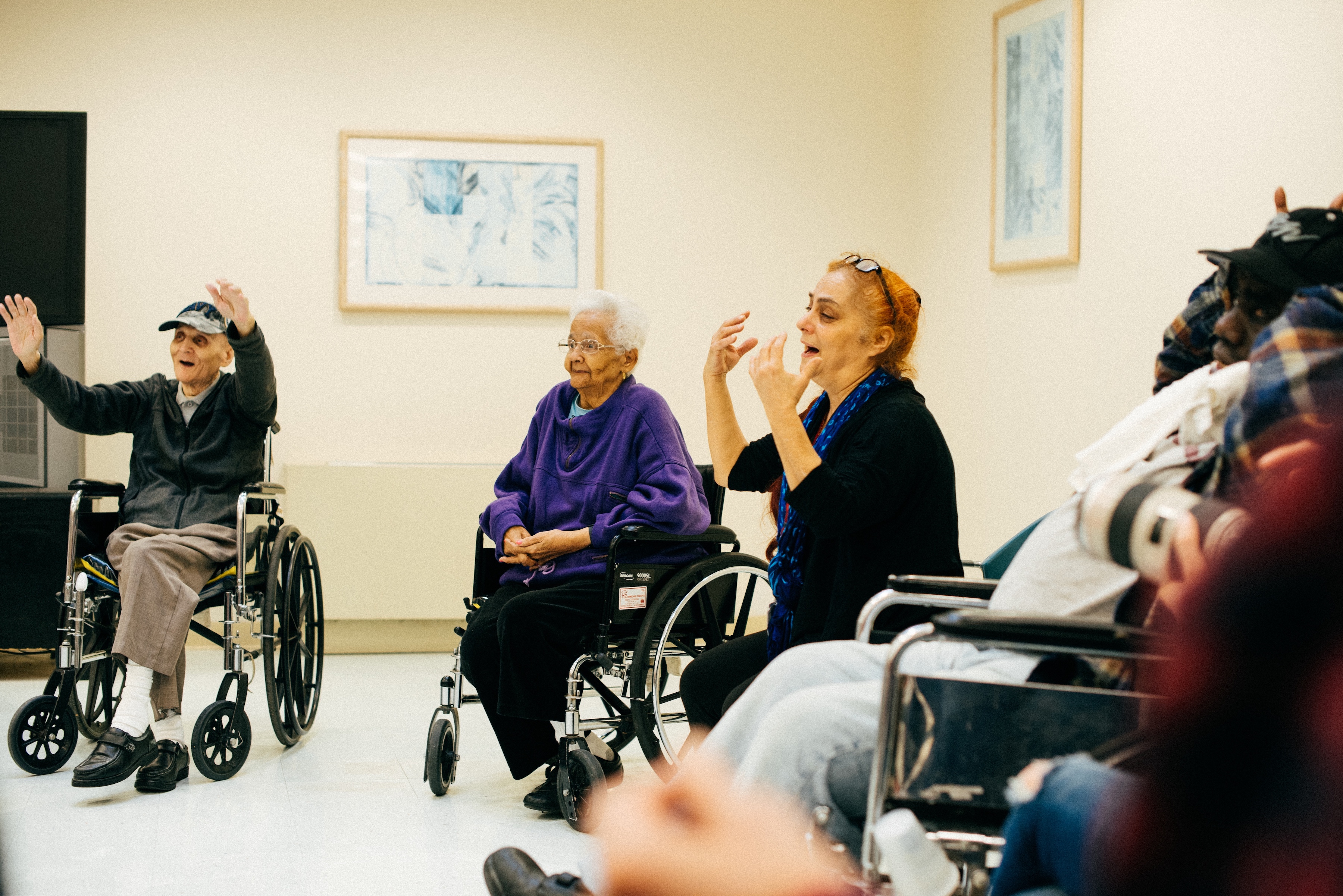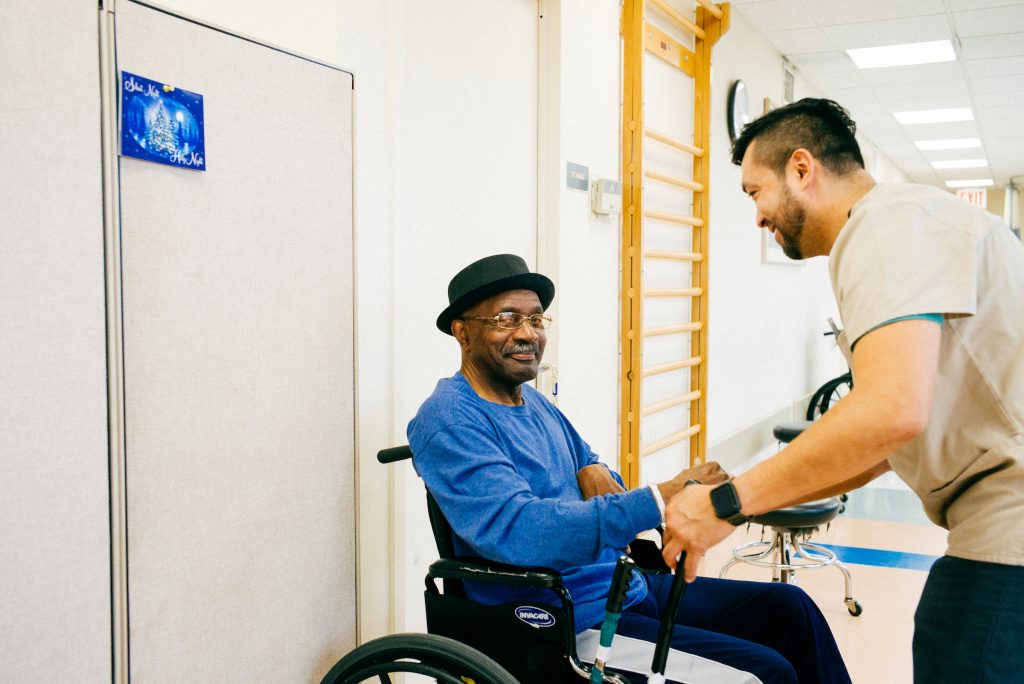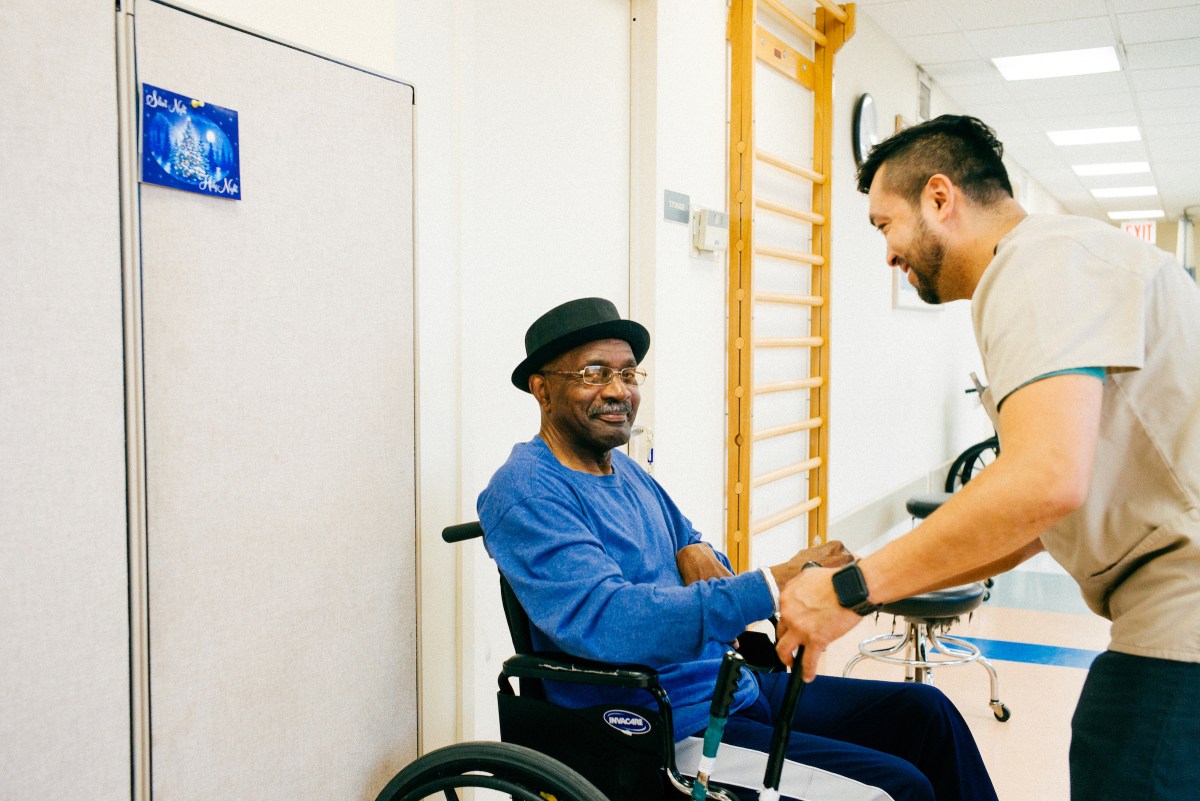RiseBoro, a social services nonprofit based in Brooklyn, is launching a new program to visit members in their homes for wellness checks, and with a focus on preventive care.
The program’s services to members in all five boroughs will be covered by Empire Blue Cross Blue Shield, and include evaluating housing insecurity, food insecurity, loneliness and safety in the home.
Although the nonprofit has previously provided preventive services and home care, this will be the first time such services are paid for by an insurance company. The new program falls under the state’s Delivery System Reform Incentive Payment (DSRIP) program, which aims to reduce avoidable hospital visits.

The program, set to start in November, aims to give one-on-one attention to members, many of whom tend to use the emergency room as their primary care doctor, according to CEO Scott Short. He noted that this is costly to patients’ health and contributes to rising costs in the health care system.
Many members in lower-income communities also lack resources for health care and other services, Short said.
“There a knowledge and access gap that we’re trying to address here,” he said. The goal is to introduce people to new ways of improving health and managing chronic conditions, which the CDC says causes 7 in 10 deaths in America.

The in-home visits will involve talking with participating members about their health conditions, along with assessing the quality of the home environment and daily living conditions. Short said he hoped the assessment phase of the program could eventually development into a second phase that includes a package of services, to “keep them healthier and out of higher costs,” such as hospital stays.
RiseBoro hopes to target a range of chronic diseases which “can show marked improvement with basic lifestyle changes,” Short noted, including Type 2 diabetes, hypertension and obesity.
The new program grew out of another program in the nonprofit called Wellness Rising, which offers a variety of services including one-on-one meetings for referrals and preventive services, and group meetings for fitness and health workshops.
The nonprofit’s deal with Empire Blue Cross Blue Shield is for visiting up to 500 members in the new program, Short said. It will likely skew toward visiting more seniors, though it’s open to all members.
With insurance now covering the new in-home visits for preventive care, Short said that the aim is to move toward a health care system that is value-based, and away from a fee-for-service system. Such a system can incentivize quantity over quality for medical treatments.
When it comes to moving away from the fee-for-service model, Short said that it’s hard to pull off the Band-Aid to get to the value-based system. “But we’re getting there,” he said, “and I think this service is getting us down this path.”



































